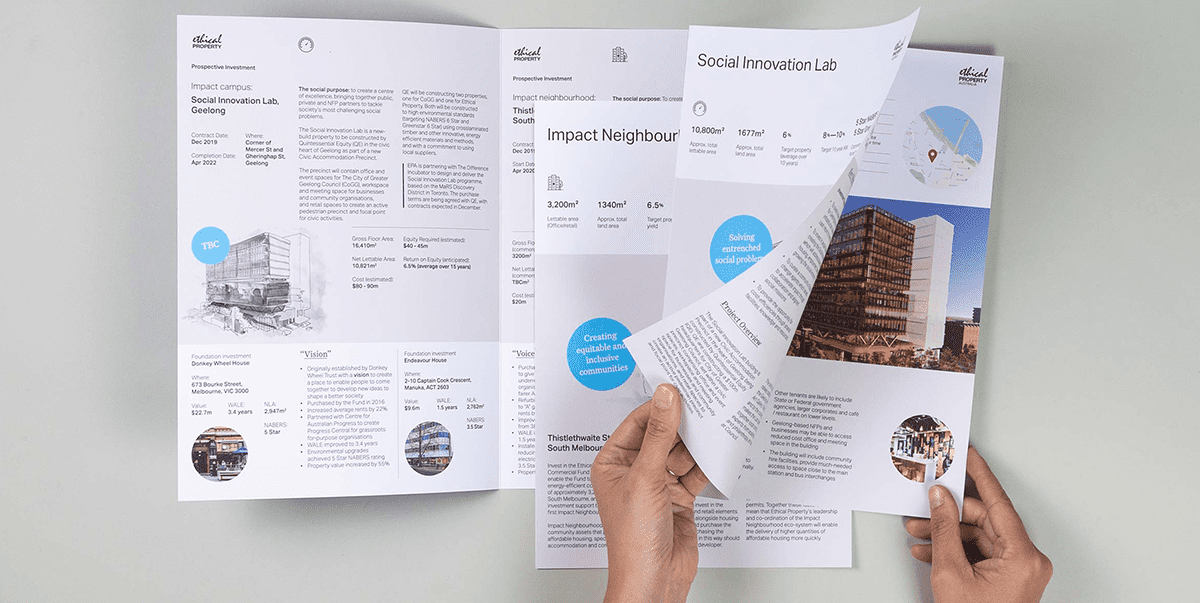
I’ve talked a lot about communities this year and over the last week have reflected about what makes a resilient community both within and outside the workplace. For me this came to the fore on Tuesday night when I went to the Christmas party of my children’s childcare centre. The centre was hit hard this year with the sudden, horrific loss of their kindergarten teacher. We lost a very young mother and friend and the only positive to come out of this event was the strength and support of the community.
One of my favourite writers around the topic of communities is Meg Wheatley. More on Meg can be found here.
Here is a transcript discussing her ten principles for creating healthy communities – applicable anywhere, any time.
Merry Christmas and look forward to spending time in yours in 2013.
Margaret Wheatley’s Ten Principles for Creating Healthy Communities.
Principle 1 – People Support what they Create.
The only way to create ownership is to involve people in creating the project. This does not mean that everyone has to be involved in every aspect of the project but it does mean that everyone has to touch into it. People have had a voice. People don’t always do what you tell them, they do what they feel engaged with – involve them in the aspect of the creation of the work.
Are we engaging all those people who have a stake in the issue/project?
Whatever the problem have we involved all the people who care?
Biological principle – to create health in the human system or any biological system you create more connections – you bring in more parts of the system.
Principle 2 – People Act responsibly when they care.
You don’t get accountability by bringing in more measures, punishments, more fear you get it by creating care. We create care by caring. Caring whether this person, this work, this client gets well served by our organisation. Are we working on an issue that people truly care about? A fundamental act of leadership is identifying the things that matter to people. If people don’t care about it doesn’t matter how engaged you’ll hope they’ be, they won’t be. Are we working on an issue that gets people’s attention? Are we working on as issue that they care about?
Principle 3 – Conversation is the way human beings have always thought.
We have always talked together to think well together. Problem solving techniques have demoted conversation. We have tended to think that it’s too casual, it doesn’t go anywhere, it’s nonlinear, it’s messy so we go back to the flipcharts, we go back to the project planning techniques, but it’s important to remember that it’s only through conversation that people discover what they care about. They discover shared meaning and they discover each other. How often are we confident enough to use conversation as a legitimate problem solving thinking together process rather than using these very technical processes which not only bore us they disengage us and they separate us from one another.
It’s also important to notice where your conversations happen. Are they legitimate?
Do they happen inside meetings or do they happen in the parking lots, bathrooms in the hallways or on email late at night. Conversations always, happen the question is can we use this process? Can we legitimise it so that we strengthen our relationships as well as develop much better thinking.
Principle 4 – To change the conversation, change who is in it.
If you’re in a conversation that isn’t going anywhere, where every time you talk about this topic it’s the same conversation, we’re going round and round and the only thing that changes is that people stop coming to the meetings to talk about the issue because its gotten so demoralizing or boring.
Simple tactic – if you want to change the conversation that’s happening, that’s going nowhere you simply change who is in that conversation. You invite in new people, people who have different perspectives. This is where diversity comes into play. So it’s a very simple technique and I can guarantee that it works wonderfully
Principle 5 – Expect leaders to come from anywhere.
This principle introduces the elements of curiosity and surprise. We can expect leadership to emerge from anywhere – from people we never thought of. What causes someone to step forward as a leader is their interest – their caring for the issue. A leader is anyone who is willing to help because they have made a connection between something that needs to be fixed or changed and their own heart opens to that and they step forward. It’s in the experience of healthy communities of place that we always expect leaders to emerge from the community. And in our organisations where we’re all sitting in our little boxes and we’re told what to do we can soon forget that leadership is not a function of title and role leadership is a function of caring enough to want to step forward to help with an issue.
Principle 6 – Focus on what works and it releases our creative energy.
When we focus on what’s wrong people get depressed and disengage. (Marvin Weisberg – Future Search) said he used to go into organisations and asked what’s wrong and how can we fix it? Of course that question is what we all ask, we do it in order to seem responsible and open and we want to know what’s wrong so we can fix it. But when you’re in those meetings you realise they’re very depressing.
The right question is: “what’s possible here and who cares?” When we ask those questions what we’re actually releasing or inspiring is human creativity that can do attitude. Let’s get on with it. We inspire our creativity. This is a hard principle to enact: we’re brought up to be analytical, to complain, to worry and we think that we just need to focus on what’s wrong. But once we focus on what’s right, what’s possible and what we can do, although it seems fanciful all the things that are wrong actually get fixed. We don’t energise ourselves by focusing on those negative questions.
Principle 7 – Wisdom resides within us
This is why six works: the wisdom is within us to solve our problems. When people are in regular reflective practice together and are in good trusting relationships with their colleagues what becomes available to them is their own wisdom, it’s not imported from outside. We need to slow down and reflect together and we will find that we are wise and smart and compassionate. If we can’t find the solution we will go look for it.
The questions are: where we look for our solutions – do we benchmark – do we look for best practice – do we always routinely leap outside our organisation to find the solution or do we gather together with the assumption that the wisdom is within us – do we spend enough time thinking together to discover whether we do have a solution. So the question is where do we turn first when we are looking for a solution. Do we turn to ourselves or do we immediately look outside?
Principle 8 – Everything is a failure in the middle.
Anything we are doing we can expect to feel disappointing, not be working well or get stalled somewhere along the line. This is the way life works. Things are going really well and then they’re not going so well but they’ll be working well again because life works in cycles. It is when things are not going well, when things are falling apart that we actually have the opportunity to learn a lot and to reorganize in ways that we will succeed. If it was all just success, success, success, first of all it wouldn’t be life and secondly we really wouldn’t be learning. And it’s in those moments of darkness when things do truly fall apart that we can get together, be together, and think together and come up with solutions that will really work.
Now the question is what do we do? What do you do? What does your organisation do? Do they quickly look for scapegoats, someone to blame, do they change the team leader, and do they fire the boss? Do they reorganize (that’s guaranteed). What’s the response? It’s not permanent failure it’s just the learning curve that we are experiencing.
Principle 9 – Humans can handle anything as long as we’re together.
This is why relationships are the centre of my work. I have seen so many communities that are suffering from desperate problems such as health and illiteracy, poverty or recouping from major natural disasters that it’s the quality of our human relationships, its being in it together that actually gets us through.
In modern organisations relationships have been denigrated, we call them touchy feely etc. This is not only a misnomer it paralyses us and prevents us from being effective responders in the age of uncertainty. So we need to take relationships much more seriously than we have up till now.
Principle 10 – Generosity forgiveness and love.
How we have to be together is in a spirit of compassion, generosity, forgiveness. What would it really feel like to know that all your colleagues were all really there for you? That when things go wrong people aren’t going to gossip spread rumours they are going to help you learn from your failure, learn from your mistakes and move on in ever more trusting relationships.
What would that feel like? We all have to be responsible for any negative things we say about each other in the workplace. We need to get off of blame. And exercise our great human capacity to be in good trusting relationships, to be generous, forgiving and to be kind to one another.

